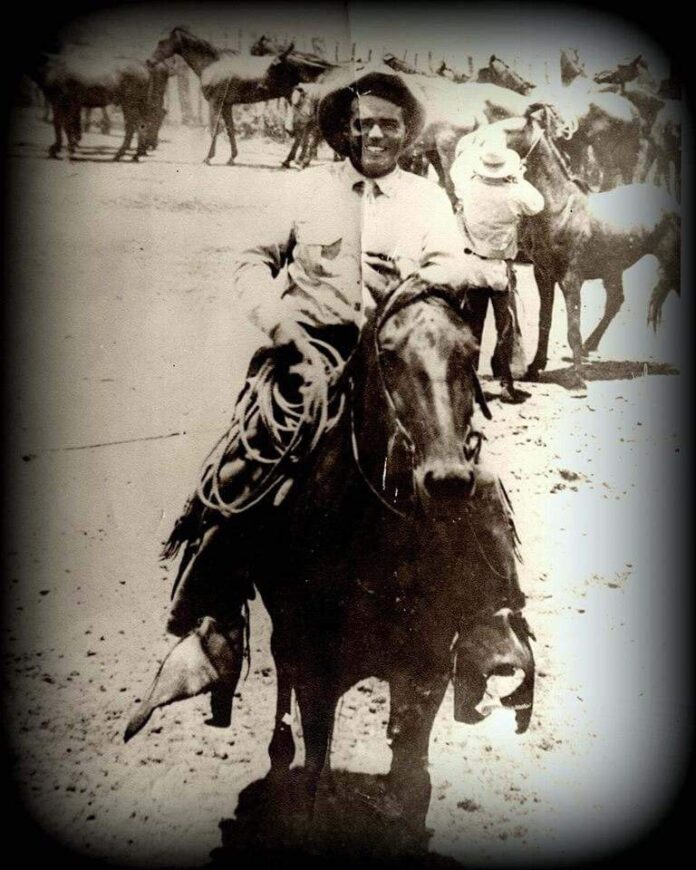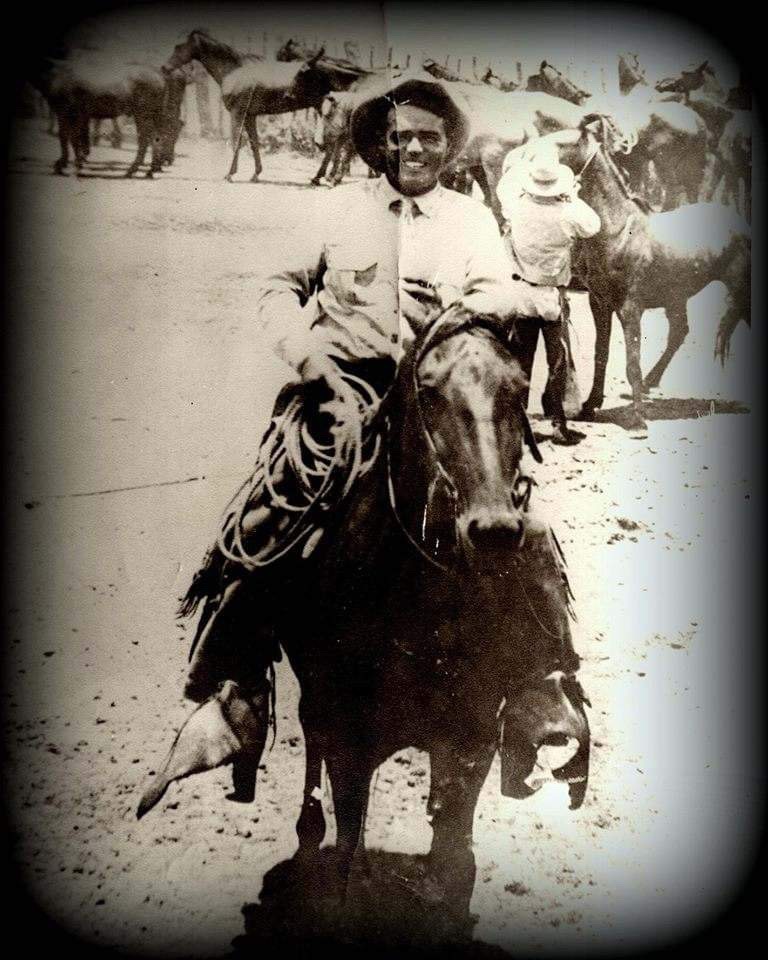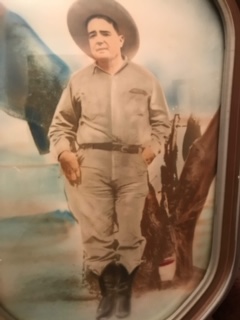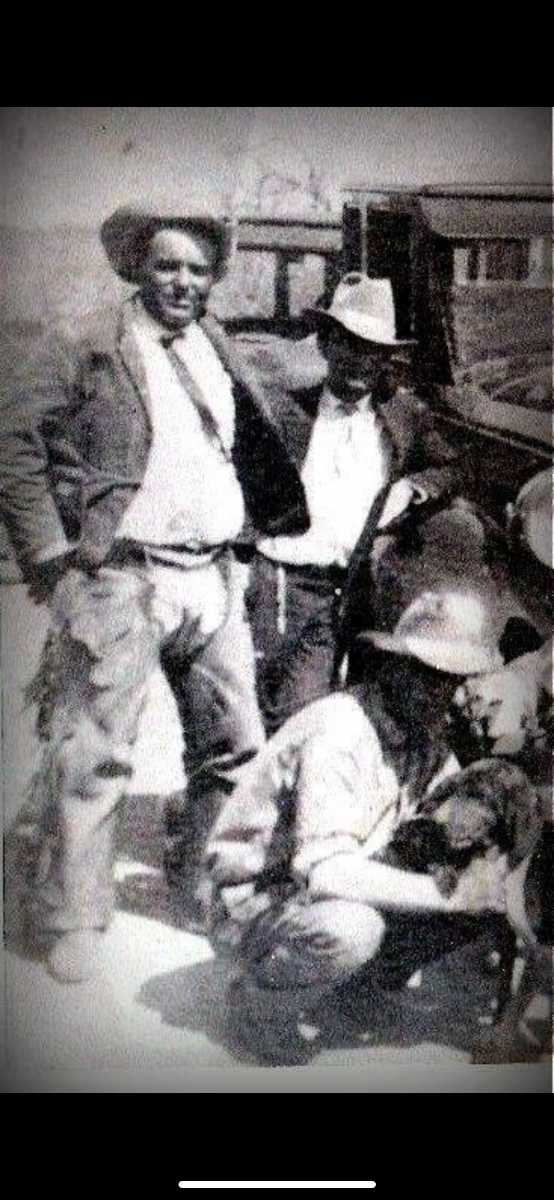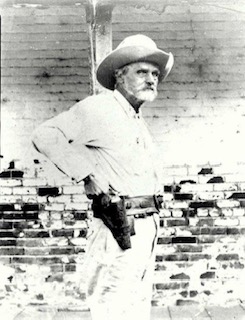RAYMONDVILLE — Reta Durham grew up listening to stories about her grandfather and the Texas Rangers who helped tame what he called “The Nueces Strip.”
To carry on George Durham Sr.’s legacy, his son George Durham Jr. also wore the Texas Rangers badge.
Today, Reta Durham and about 85 family members will gather at the Raymondville Memorial Cemetery, where the Former Texas Rangers Association has christened the graves of father and son with iron crosses, marking the sites as hallowed ground for the two former Texas Rangers.
As part of the program, Bruce Casteel, a retired senior captain with the Frederiksberg-based Former Texas Ranger Association, will speak during the ceremony honoring their service.
“It’s a big honor for our family,” Reta Durham said yesterday.
For about six months, she’s worked to organize the ceremony.
“It’s something special,” said Reta Durham, a realtor who worked as a teacher for 30 years. “Our family has always been kind of special in Willacy County.”
For his family, George Durham Sr. left behind a proud heritage.
“I only knew him through stories,” Reta Durham said. “He was a lawman. He would help the county out. He helped out the community.”
As a classroom teacher, Reta Durham remembers her high school students’ condemnation of the Texas Rangers.
“My students would argue with me. They would say, ‘They were brutal. They killed people,’” she said. “But if we didn’t have the Texas Rangers, we wouldn’t have the land or the homes we have.”
“In the 1800s, there was no law down here at all,” Reta Durham said. “There was no protection for anyone here. There was so much going on with the bandits, there was so much going on with the outlaws. Everybody had a gun.”
Texas Rangers legacy
In the mid 1870s, George Durham Sr. left his home in Georgia to start a new life in Texas.
In 1876, he was about 18 when he became the youngest man to serve under legendary Texas Rangers Capt. L.H. McNelly.
When George Durham Sr. died at 84 in 1940, he left behind his memoirs that helped stoke the Texas Rangers’ legacy.
“I’d come to Texas to get a piece of ground, maybe a few head of stock, build me a house,” George Durham Sr. wrote.
“But what I’d really done was to hire out at thirty-three dollars a month to kill people. That’s all I’d done. Kill people. I’d been in Texas about a year and all I still owned was what I wore from Georgia. Like a land terrapin, all I owned was either on my back or in my belly.”
After he left the Texas Rangers in 1877, he took a job with Capt. Richard King, working as caporal, or straw boss, at the El Sauz ranch.
There, he met King’s niece Caroline Chamberlain, with whom he had 10 children, among them George Durham Jr., who followed his father in Texas Ranger history.
By 1962, George Durham Sr.’s memoirs were published in the book, “Taming the Nueces Strip: The Story of McNelly’s Rangers.”
In 1999, the book was turned into the movie The Texas Rangers.
Today, Reta Durham’s family will honor the man known for helping forge the Texas Rangers’ legacy.
“My whole family understands we’re a part of Texas history,” she said.

